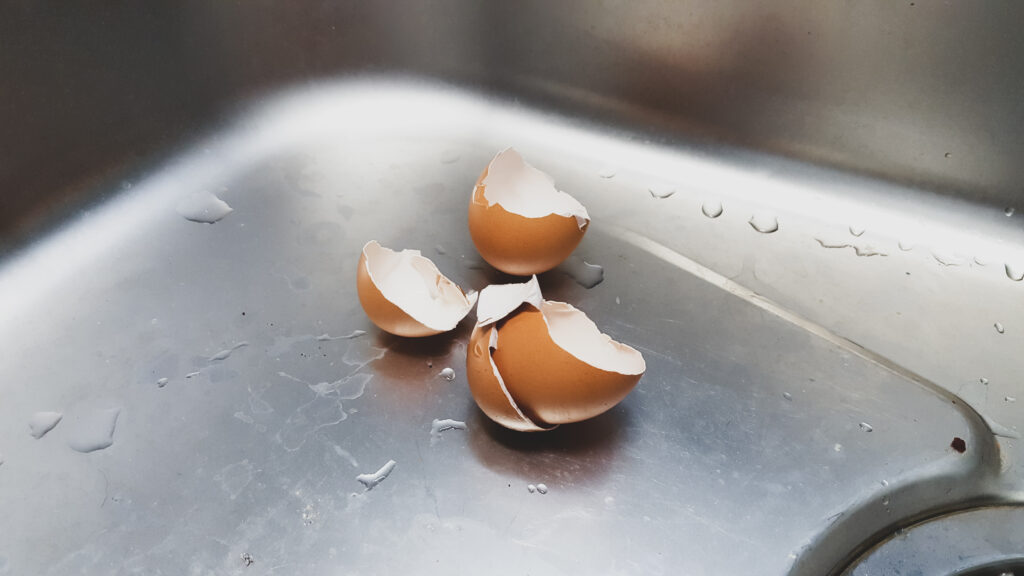Everything You Need to Know About Water Well Insurance Coverage (Yes, It’s a Thing!)
Let’s be honest—when you think about all the moving parts in your home that could go wrong, your brain might go straight to your HVAC system, maybe the fridge making that weird hum, or the roof that somehow always leaks during the first rain of the season. But what about your water well? If you rely on a private well for fresh water (a surprising number of homeowners do), it’s one of the most critical systems you can’t afford to ignore. And yet, most people don’t even realize water well insurance coverage exists, let alone how it works. So, buckle up—whether you’re sipping some cool well water right now or just learning what a well pump actually does, this post will give you all the details you didn’t know you needed.
What Is a Water Well and Why Should You Care?
A water well is your private, underground water supply. Instead of paying the city for water, your well taps into underground aquifers (fancy word for natural underground water reservoirs) and brings that fresh stuff directly into your home. That might sound idyllic (and honestly, it kind of is), but the key systems that pull the water up—like the well pump, pressure tank, and piping—can break over time. And when they do? Yikes. You’re not only without water, but you could be looking at thousands in repair costs. That’s where water well insurance coverage—usually offered within more comprehensive home warranty plans—comes in plug-the-leak style.
How a Water Well System Works in Simple Terms
Okay, imagine a giant straw poked deep into the earth, pulling water up and into your home. That’s more or less what’s happening when you turn on the tap and you’re on a well system. At the heart of the whole operation is the pump—it either sits in the well (submersible) or just outside of it (jet pump). That pump pushes water into a pressure tank, which helps regulate the flow so your water pressure is steady. Then, your plumbing takes over and delivers it wherever it needs to go—your shower, kitchen sink, laundry room—you get it.
The thing is, every part of that system is under stress. These aren’t parts that last forever. So if your well pump fails during the middle of summer when you’re trying to water three acres of garden and fill up the kiddie pool? No fun. And without protection, no cheap fix either.
The Big Wins: Perks of Water Well Insurance Coverage
There’s something really comforting about knowing your water source is covered. Most standard homeowners insurance policies don’t provide protection for mechanical failures of well systems—that’s where a solid home warranty provider (oh hey, like Armadillo) steps in. Water well insurance coverage may include repairs or replacements for failed well pumps, pressure tanks, and other mechanisms essential to your water access.
The biggest pro? Peace of mind. Imagine something goes wrong, you just file a claim, pay a flat service fee, and a qualified technician takes care of the rest. Boom. Back to sipping your well water smoothie like nothing happened. There’s budget predictability too—no unknown four-figure repair bills out of nowhere. Just predictable costs and fewer surprises.
The Not-So-Fun Side: Common Drawbacks and What to Watch
Okay yeah, it’s not all unicorns and crystal-clear water. For starters, water well insurance coverage usually only covers mechanical failures—so if your well dries up (it happens during droughts), that’s geology’s fault, not your warranty provider’s. Also, coverage levels vary depending on your provider and plan, so not every component of your well system might be covered. It’s super important to read the terms and not just assume everything underneath the ground is fair game. Another catch? General maintenance isn’t usually included either—you’re still in charge of regular upkeep.
Signs Your Water Well System Might Be Headed for Trouble
You know your house. If something feels weird, it probably is. With a well system, if you notice low water pressure, cloudy or smelly water, sputtering faucets, weird clicking noises from your pump, or water that just up and stops—those are your warning signals. Don’t ignore them. The longer you wait, the more damage can happen. And no one wants to fork over hard-earned cash just because they didn’t call someone sooner.
Ways to Stay Ahead of Typical Water Well System Issues
While insurance coverage is clutch, a little maintenance can prevent a lot of drama. Have your well system checked every year (it’s like a physical, but for your water). Keep chemicals, fuels, and heavy equipment away from where your well is drilled. Replace filters on time—especially if you have a filtration system helping with hard water or iron. Paying attention to your water’s taste, smell, and clarity can be your early alert system. And if you’re not into doing that legwork every year? Well, that’s even more reason to have backup in place if things go sideways.
Why a Home Warranty with Armadillo Makes Total Sense
Your water well isn’t a “nice to have” system—it’s essential. If it fails, your whole house feels it. That’s why making sure it’s protected under a trustworthy home warranty makes real-life sense. With Armadillo, you can build a custom plan that includes water well coverage right from the start. It’s fast (like seriously, under five minutes), super simple, and actually designed with modern homeowners in mind. We keep it easy, flexible, and back our words with solid service. If you’re ready to protect your water well and all the other crucial systems in your home, head over to armadillo.one and check us out. Or go ahead and get started on a custom plan now by jumping into our plan builder. There’s no pressure (pun slightly intended), but your water system will definitely thank you later.


























